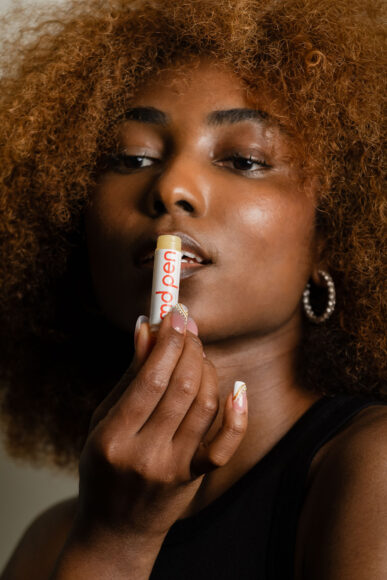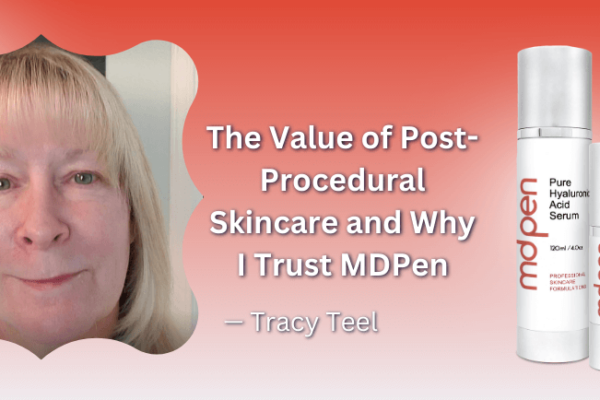S.O.S. Dry Lips: The Lip Balm Survival Guide


Are you a victim of perpetually dry lips, stuck in an endless cycle of applying lip balm? Before you blame the winter chill for your cracked pout, consider this: Could your trusty lip balm actually be making matters worse?
According to experts like Dr. Heather Rogers, a seasoned dermatologist based in Seattle, lip balm is indeed a crucial ally in combating the harsh elements. However, not all lip balms are created equal. In fact, some might exacerbate the very dryness they’re meant to alleviate.
Why the fuss over lip care? The skin on our lips, delicate and lacking in protective layers found elsewhere, is particularly susceptible to environmental onslaughts. Factors like UV exposure, extreme temperatures, and even certain foods can leave our lips parched and irritated, explains Dr. Sam Awan, a dermatologist from McKinney, Texas.
The key to effective lip care lies in choosing the right products. Dr. Awan advises seeking lip balms rich in humectants, emollients, and occlusives – ingredients that attract, retain, and seal in moisture, respectively. Petroleum jelly, castor oil, glycerin, and ceramides are top contenders, endorsed by both dermatologists and the American Academy of Dermatology.
For outdoor enthusiasts, Dr. Danny C. Del Campo of Chicago recommends opting for lip balms with SPF 30 or higher, offering protection against UV damage and potential skin cancers.
Enter MDPen SPF 30 Lip Balm, a game-changer in the realm of lip care. With its powerful blend of Vitamin E, Organic Beeswax, Organic Sunflower Seed Oil, Organic Coconut Oil and more, this innovative lip balm not only hydrates but also shields your lips from harmful UV rays. Crafted to combat the rigors of winter and beyond, MDPen SPF 30 Lip Balm stands as a reliable companion in your quest for supple, protected lips.
But not all ingredients are created equal. While peppermint oil and menthol may offer a refreshing sensation, they can also trigger irritation, cautions Dr. Awan. Fragrances, salicylic acid, and lanolin are among the culprits to watch out for, as they may exacerbate dryness and necessitate frequent reapplication.
Surprisingly, your lip balm addiction might not be entirely your fault. Many popular lip products contain ingredients that, while providing temporary relief, perpetuate a cycle of dryness, explains Dr. Rogers.
Hydration is key, emphasize dermatologists. Drinking ample water and using a humidifier during winter nights can stave off dehydration, offering additional relief to chapped lips.
For nighttime repair, Dr. Rogers suggests applying a thick layer of lip balm containing moisturizing agents like petrolatum or shea butter. Resist the temptation to pick at peeling lips or resort to harsh exfoliants, she advises.
Breaking the habit of licking your lips can also aid in recovery, notes Dr. Del Campo, who advises seeking professional help if symptoms persist despite diligent lip care. Persistent redness, pain, or unusual crusting could signal an underlying issue requiring medical attention.
In the battle against chapped lips, knowledge is power. Armed with the right information and products, you can bid farewell to dryness and embrace a smoother, healthier smile. And remember, when in doubt, consult a dermatologist – your lips will thank you for it.









